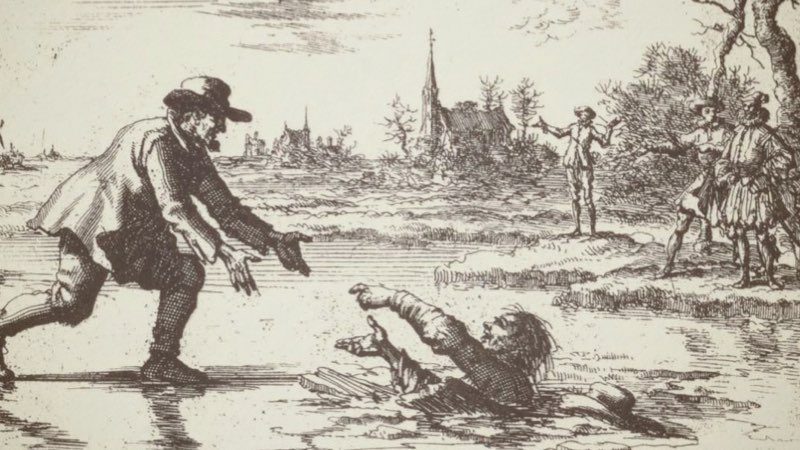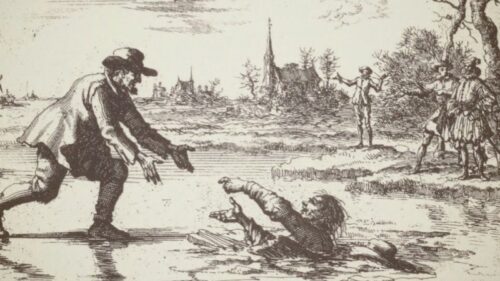
6. Of the Church’s Succession
The Succession of the Church of God, Personal Succession, and Succession of Doctrine
From the Latin word saccedo, that is, to go under, or to take the place of one, is derived the word, succession, which we, though improperly, have mixed into our Dutch language. The various branches proceeding from this root, that is, the numerous words taking their origin from it, together with their significations, we leave untouched; in general we understand by it, to follow any one in his place, right, or reign.
There is a twofold succession, natural and spiritual, political and ecclesiastical, or civil and ecclesiastical; but we have to speak here only of the spiritual and ecclesiastical, and not of the natural, political, or civil, succession; for only the former, and, by no means, the latter, belongs here. [There is not only a natural and spiritual succession, which could be considered as indifferent only; but both, the natural and the spiritual, can be good or bad, for in both we find either the one or the other. But we purpose to speak here only of a spiritual succession, and moreover, of such an one that is good. This we shall consider with regard to good persons as well as to good doctrine.]
Now, as succession is of twofold nature and kind, so also is each kind of the same twofold and distinct in itself. This will be shown plainly in the spiritual and ecclesiastical succession.
In order to present this in a clear light, we say that the ecclesiastical succession may be considered in two ways: firstly, with respect to the succession of persons; secondly, with respect to the succession of doctrine.
The latter is a sign and evidence of the former, so that the former cannot subsist without the latter. Where the latter is, the former need not be looked for so carefully. But where both are found in truth and verity, it is not to be doubted that there is also the true and genuine church of God, in which God will dwell and walk; which has the promise of an eternal and blissful life; and about which the holy Scriptures glory and teach so much.
Thieleman J. Van Braght (1625-1664) was an Anabaptist who is best known for writing a history of the Christian witness throughout the centuries entitled “The Bloody Theater or Martyrs Mirror of the Defenseless Christians who baptized only upon confession of faith, and who suffered and died for the testimony of Jesus, their Saviour, from the time of Christ to the year A.D. 1660” (1660).
Thieleman J. Van Braght, Martyrs Mirror




